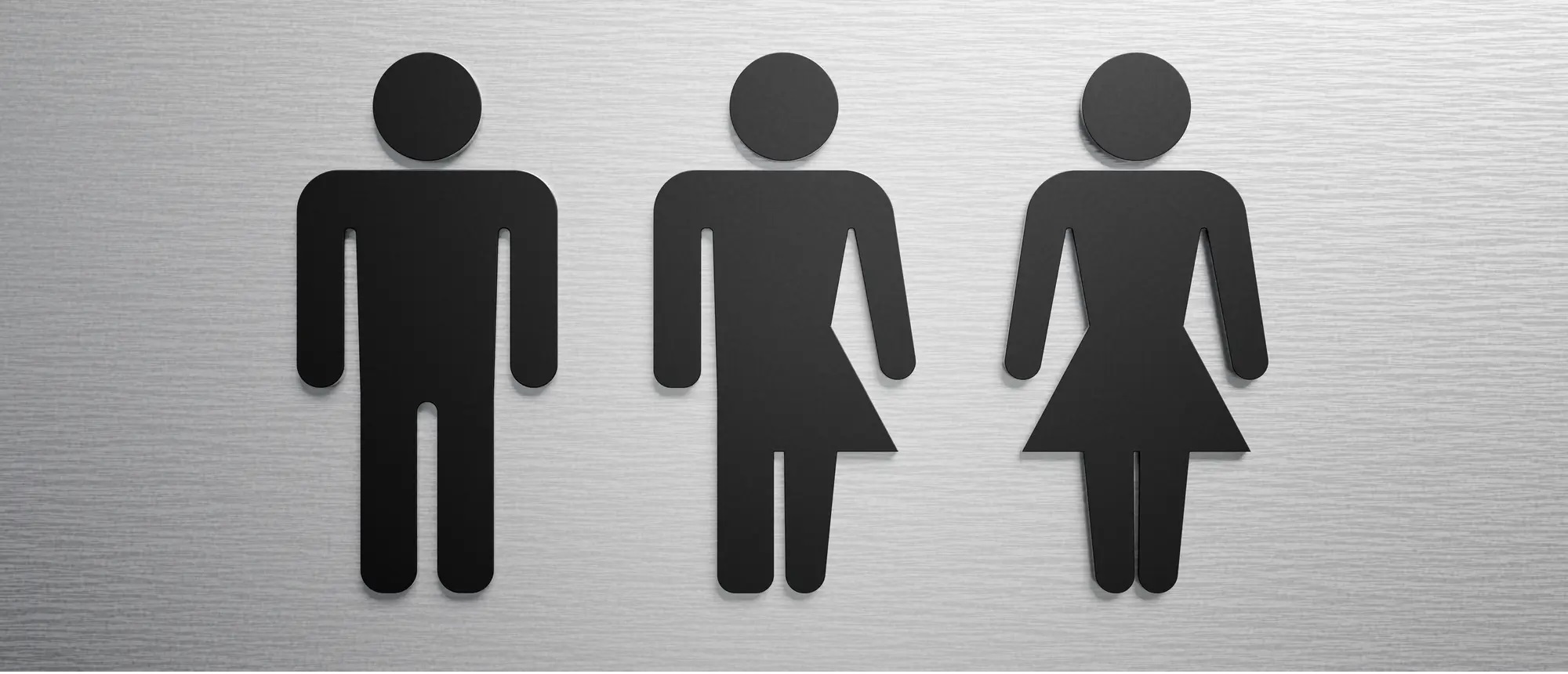Thinking about gender has changed considerably over time in many countries, including Germany. This is reflected, among other things, in the fact that there are now three different options on birth papers: male, female and diverse.
The latter means that the child has a different gender. As a rule, however, either "male" (or boy) or "female" (or girl) is registered after birth. However, there are also cases where exactly this is not possible. If the child's sex is not recognizable, for example because biological sex characteristics are missing (or both are present), the check mark under "Sex entry" is either initially omitted or set directly to "diverse".
Intersexual people and gender: the comparison between the past and today

Here, too, much has changed in the course of time. It is especially noticeable that intersexual children are not operated on as quickly as they used to be, for example.
At that time, it was decided on the basis of the most pronounced sexual characteristics whether the child was "more likely to be a boy" or "more likely to be a girl" and the appropriate adjustments were made. Much has changed since then. Among other things, because such operations in many cases resulted in consequential damages and had a lasting (and often negative) influence on the future of the people. Today, intersexual people should ideally always have the possibility to decide for the gender they identify with, if they want to do so. Of course, in parallel, they are also free to choose the "diverse" gender entry.
How to change your gender?
A change of the gender entry is done by the registry office. But: In order to apply for it, you need a certificate of a doctor or an affidavit stating that you are actually intersexed.
In order to provide the best possible support for those affected, the rule in Germany is that an independent change of gender entry does not have to be made until the age of 14. Up to this point, the parents (or the family court) are the contact persons when it comes to determining the "gender on paper".
Of course transsexual people can also change their gender entry
Not only intersexual persons can have their gender entry changed. Transsexuals also have the corresponding possibilities. Currently, the existing TSG (Transsexual Act) makes it difficult for them to do exactly that. A change of the gender entry is preceded by several physical and psychological examinations, but also intimate interviews. In addition, transsexuals have to bear many costs of the procedure themselves.
In the meantime, there are also increasing calls within the framework of various CSDs for the TSG to be abolished. Critics fear that those affected could regret the change between the sexes without a lengthy procedure. Others argue that this is a "trend" and that de facto there are no more than two genders anyway.
Gender entries, investigations and counseling: who can help?
Anyone who has realized that they do not belong to either of the two classic genders often has many questions. There are a number of online resources that can help those affected. One particularly important point of contact is the Federal Anti-Discrimination Agency.
In the case of medical questions, the family doctor can help - at least in the first step. If you notice that you feel psychologically overwhelmed by the overall situation, you should not hesitate to contact a psychologist. Many have now focused on the area of gender or gender identities - partly due to the high demand.

Today, there is a definite stronger focus, so more and more talk about it. I find in places already too much!